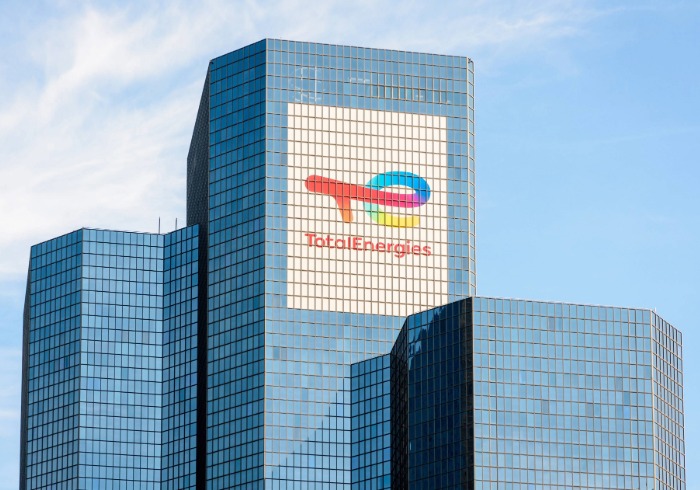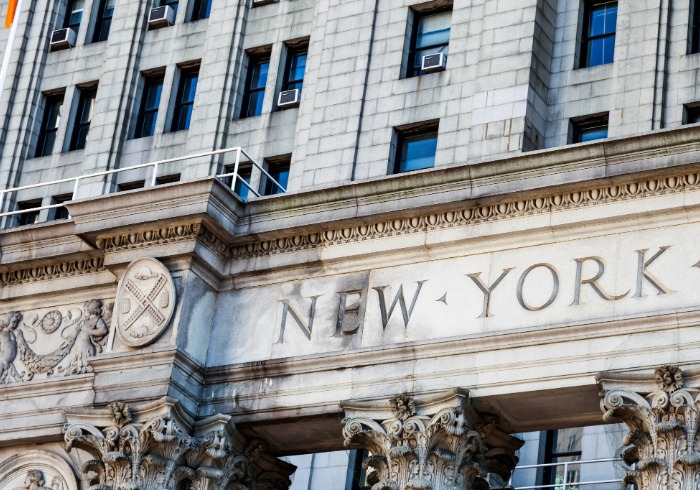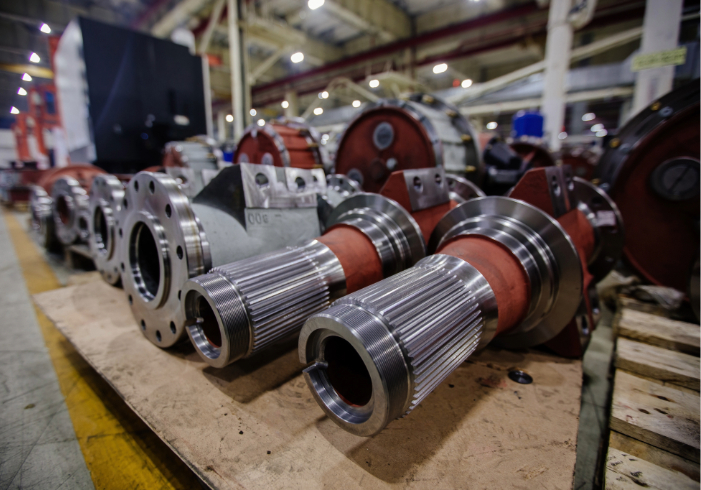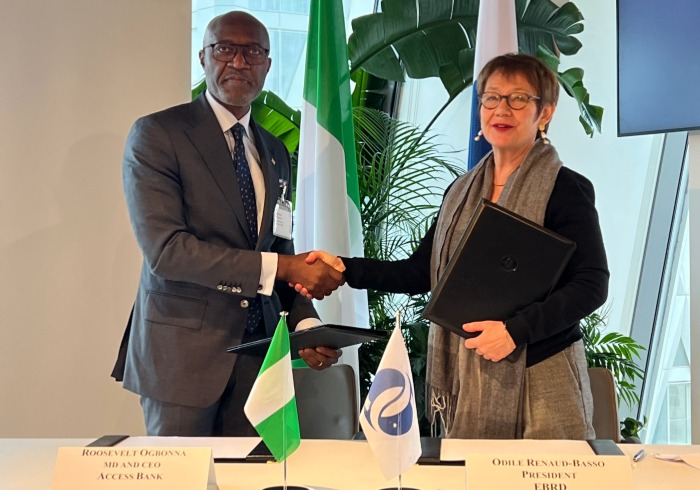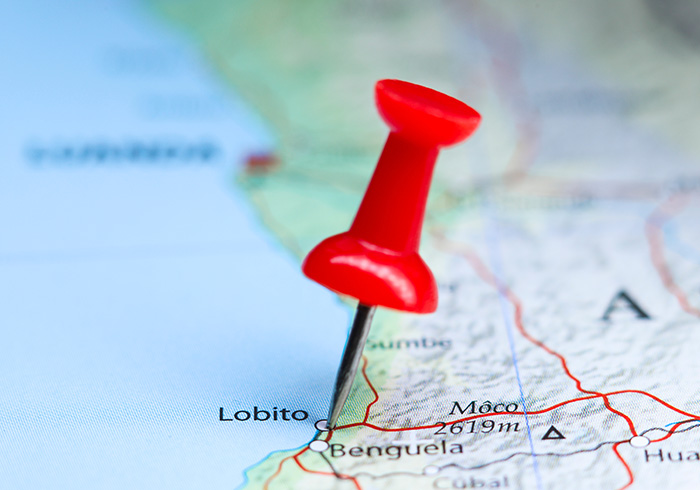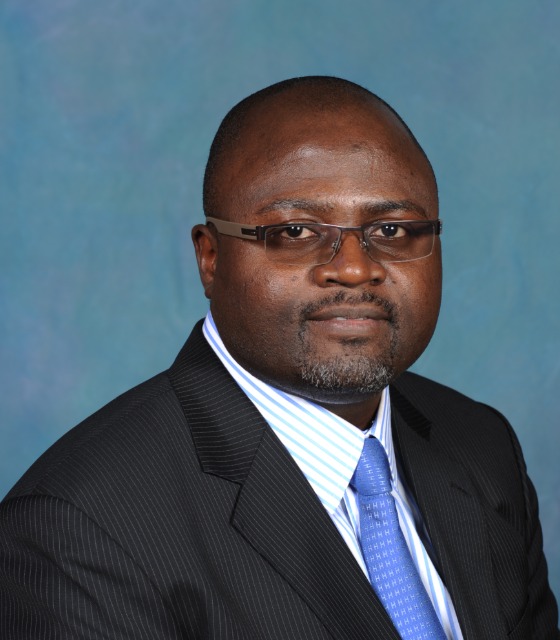TotalEnergies’ decision to lift force majeure on its US$20bn Mozambique LNG project four years after militant attacks brought it to a halt poses a major security threat to local communities, a coalition of global NGOs has claimed.
The French oil giant and its project partners notified the Mozambican government on October 24 that they were ready to restart construction on the project, which is set to turn the country into one of the world’s largest LNG suppliers.
However, CEO TotalEnergies’ CEO Patrick Pouyanné said in a letter that the development would only resume once ministers approved an amended budget and schedule.
The cost of halting it for four years have added around US$4.5bn to the original price tag, Pouyanné said. TotalEnergies is also requesting a 10-year extension of the development and production period of the project.
The scheme – predicted to generate 13 million metric tonnes of liquefied natural gas each year once it comes online – attracted investors and export credit agencies (ECAs) from countries such as the Netherlands, South Korea, Thailand, the UK and the US.
But attacks from Islamist militant groups in the northern region of Cabo Delgado in 2021 forced TotalEnergies, which is the project’s majority shareholder, to declare a state of force majeure and bring it to a standstill.
TotalEnergies is under judicial investigation in France for involuntary manslaughter related to the attack after survivors and relatives of victims put forward allegations that the company failed to ensure the safety of its subcontractors during the incident.
The development has been at the centre of further controversy after a Politico investigation claimed Mozambican soldiers operating out of the site were linked to allegations of torture, murder and rape.
The allegations prompted some ECAs to review their support for the deal. UK Export Finance (UKEF) and the Dutch government both opened investigations this year into the reported violence against civilians, but results have not yet been made public.
The Financial Times reported earlier this year that UKEF was taking legal advice over whether it could withdraw US$1.15bn of taxpayers’ money from TotalEnergies’ project.
“UK Export Finance is currently in talks with project sponsors and other lenders regarding the latest status of the LNG production project in Mozambique,” a spokesperson told GTR this week.
The agency has previously said it took reports of alleged human rights infringement “extremely seriously”.
Even prior to the Politico report, some ECAs were mulling whether to continue to cover the deal in light of the force majeure and climate commitments many agencies made after the project reached financial close.
Still, the lifting of the force majeure required approval by each of the 31 financial institutions that pledged support to the project in July 2020, according to TotalEnergies.
The French multinational has previously said that the remaining works – Mozambique LNG is around 40% complete – will take place in “containment mode”, with workers allowed in by air or sea only for security reasons.
However, civil society groups have warned that “increasingly dangerous security conditions” are continuing to threaten the safety of local communities working on the project.
“TotalEnergies is attempting a new tour de force to obtain ultra-favourable restart conditions,” said Daniel Ribeiro, technical and research coordinator at Mozambican organisation, Justiça Ambiental.
“But the enormous favours requested by the company should also be seen as the severe failure of TotalEnergies: its investment plan is a disaster, and it needs Mozambique to keep its gas project afloat.”
Ribeiro added the Mozambican government “has been pressured to provide public security forces to protect the TotalEnergies project, and now is being required to pay the costs of the delays”.
“This would weaken Mozambique’s economy, worsen living conditions for Mozambicans, and further fuel the insurgency,” he said.
The NGOs have once again urged the financial institutions backing the development to withdraw their support.
BankTrack’s climate campaigner and researcher, Rieke Butijn, said: “Our coalition has provided financial institutions with extensive reports, expert accounts and community testimonies showing that the project endangers workers and communities and offers very little benefit to Mozambique.
“With the lifting of the force majeure, now is the time for these institutions to show that they understand the gravity of the situation and to make the only responsible financial decision: withdraw their support for the Mozambique LNG project.”
ECAs in the US, UK and South Korea have faced legal action over their support for the project.
